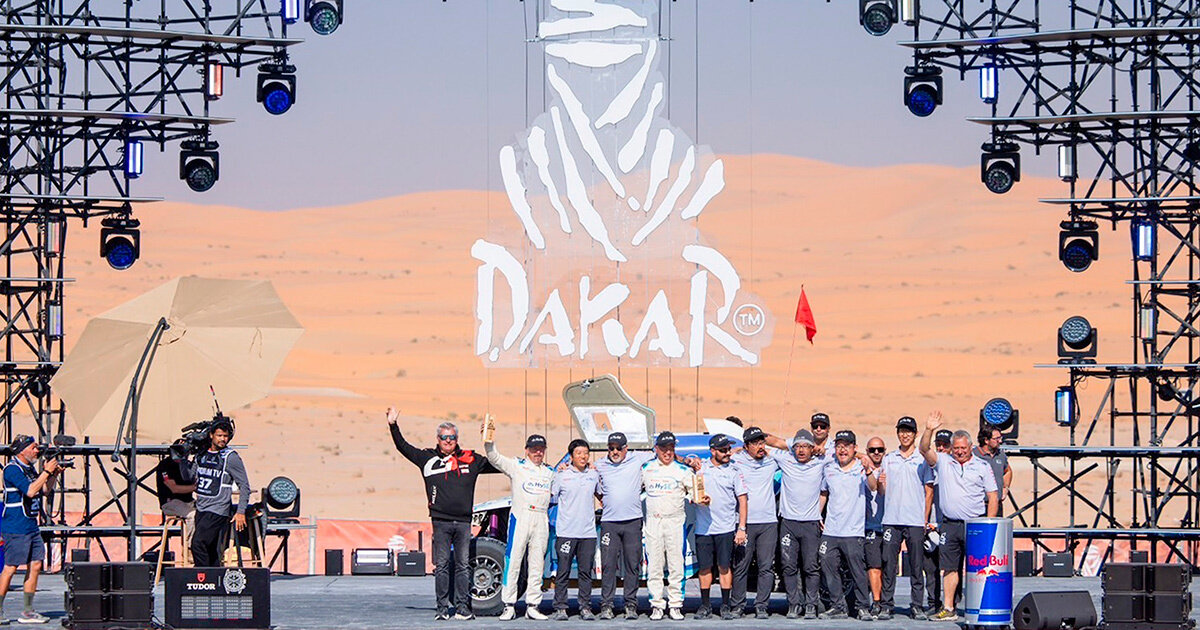HySE-X2: Overcoming Challenges in the Dakar Rally with Hydrogen Engine Buggy
Key Ideas
- HySE, a research association with Japanese motorcycle manufacturers, competed in the Dakar Rally with a hydrogen engine buggy, finishing an impressive second in its class.
- The team faced technical challenges including atmospheric pressure compensation issues leading to engine failures, highlighting the complexities of hydrogen engine technology.
- Despite hardships, the HySE-X2 showed progress by completing 100% of the course, outperforming even the winning team and showcasing advancements in hydrogen engine capabilities.
- The HySE consortium aims to develop fundamental hydrogen engine technologies for motorcycles and small mobility vehicles, contributing to a carbon-neutral society.
HySE, a technical research association comprising Japanese motorcycle manufacturers such as Kawasaki, Suzuki, Honda, and Yamaha, teamed up with companies like Toyota and Denso to develop fundamental hydrogen engine technologies for small vehicles. In the Dakar Rally, the HySE-X2, a hydrogen-powered buggy, excelled by finishing second in its class after covering 1,120.17 km, showing progress from the previous year. The team faced challenges like engine failures due to atmospheric pressure compensation issues, pushing the limits of hydrogen engine technology. Despite setbacks, the team's resilience and technological advancements were evident in completing the tough race. The HySE consortium's participation in the Dakar Rally signifies a step towards a carbon-neutral society by promoting decarbonization technologies. This endeavor showcases the potential of hydrogen engines in contributing to sustainable mobility and highlights the rigorous testing required to overcome technical hurdles in utilizing hydrogen as an alternative fuel source.
Topics
Utilities
Engine Technology
Technical Challenges
Research Association
Dakar Rally
Motorcycle Manufacturers
Carbon-neutral Society
Latest News
